NIGMS
-

Study describes how E. coli co-opts cells, causes recurrent UTIs
Researchers at Vanderbilt University Medical Center have discovered why the uropathogenic bacterium E. coli, the leading cause of urinary tract infections, is so tenacious; their findings could lead to new ways to prevent recurrent UTIs. Read MoreAug 25, 2022
-
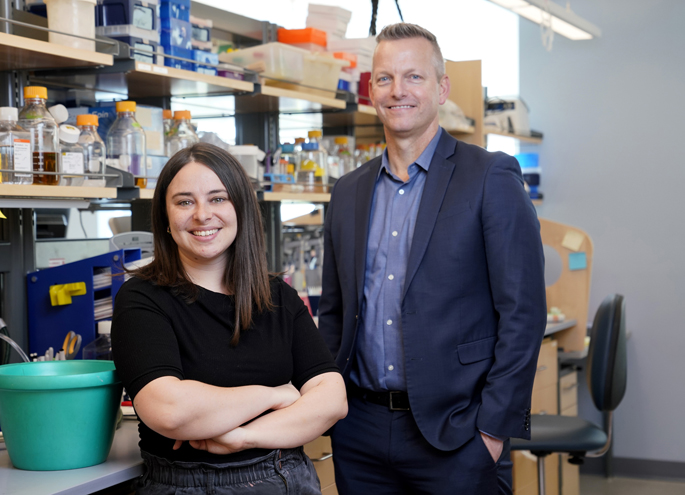
VUMC team discovers how bacterial pathogen survives without water
Vanderbilt researchers are studying a bacterial pathogen that can survive on hospital surfaces — without water — for months, an ability that has helped it become a leading cause of hospital-acquired infections. Read MoreMay 5, 2022
-

Invasive strep can defy zinc toxicity
Vanderbilt researchers find that invasive Group B Streptococcus strains, a significant risk to pregnant patients and infants, can grow in presence of toxic zinc levels. Read MoreFeb 28, 2022
-
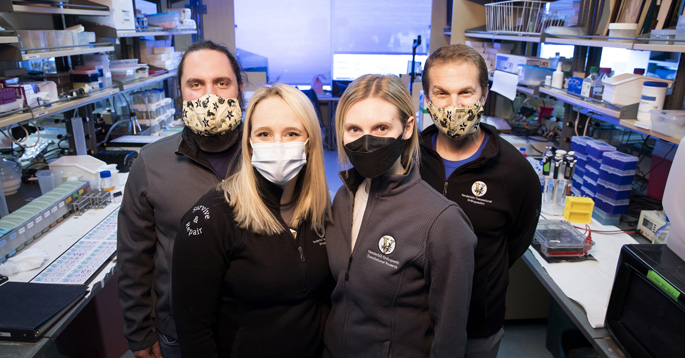
Study identifies molecular trigger of severe injury-induced inflammatory response
Vanderbilt researchers have discovered that early inappropriate activation of the enzyme plasmin caused by severe injury is a trigger of systemic inflammatory response syndrome and resulting organ failure. Read MoreJan 19, 2022
-
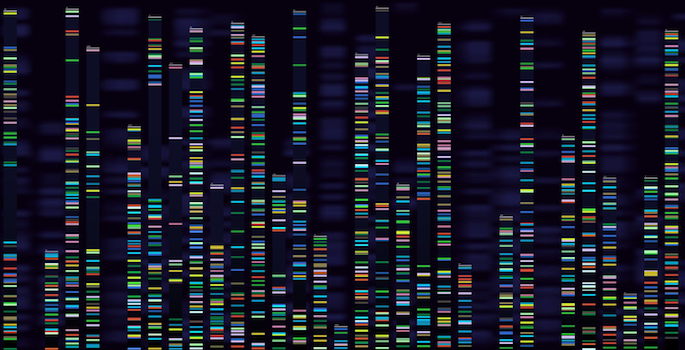
Probing statin-associated diseases with genetics
Vanderbilt researchers used genetics tools and biobanks with linked electronic health records to explore the associations between statins and noncardiovascular diseases. Read MoreJul 12, 2021
-

Genetics of hydrocephalus
Fluid build-up in the brain — hydrocephalus — increases pressure and risk for brain damage; Vanderbilt researchers have now identified genes and signaling pathways associated with the condition. Read MoreJul 8, 2021
-
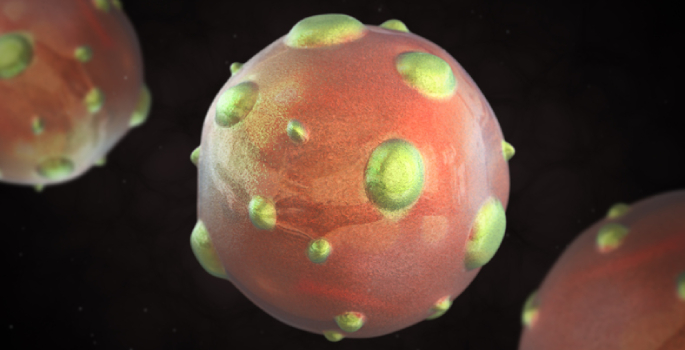
Therapeutic antibodies for hantavirus
Vanderbilt Vaccine Center researchers have isolated monoclonal antibodies against hantaviruses, an emerging source of human disease with pandemic potential. Read MoreMay 24, 2021
-
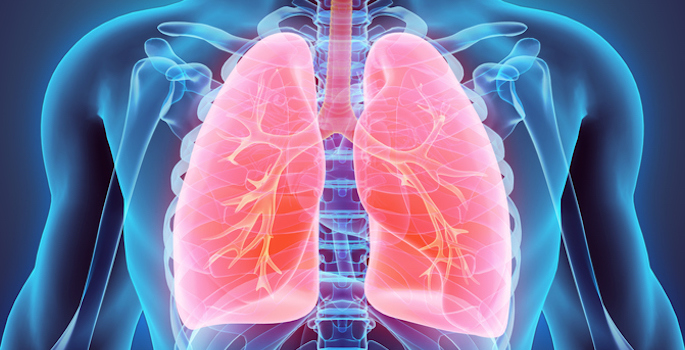
New clue to lung scarring
Vanderbilt neonatology team pinpoints signaling pathways involved in the progressive lung fibrosis that occurs in rare genetic diseases. Read MoreMay 20, 2021
-

Arrhythmia culprit: supertrafficking ion channel
Charles Sanders, PhD, and colleagues show how a “supertrafficking” mutant potassium channel contributes to heart rhythm abnormalities. Read MoreApr 15, 2021
-
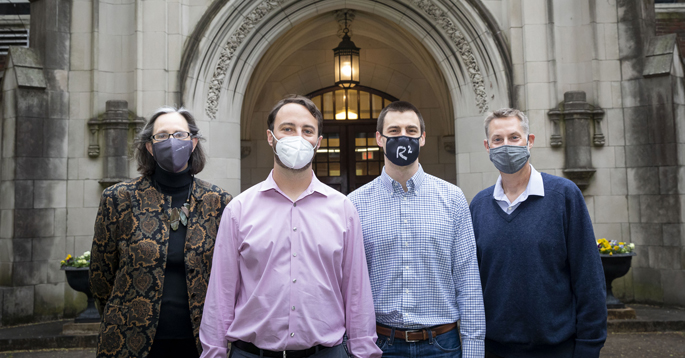
Study revises understanding of cancer metabolism
Tumors consume glucose at high rates, but a team of Vanderbilt researchers has discovered that cancer cells themselves are not the culprit, upending models of cancer metabolism that have been developed and refined over the last 100 years. Read MoreApr 7, 2021
-

Codeine metabolizer status in clinical practice
Vanderbilt researchers have developed a response score using genetic and clinical information to aid prescribing of the widely used pain medication codeine. Read MoreApr 5, 2021
-
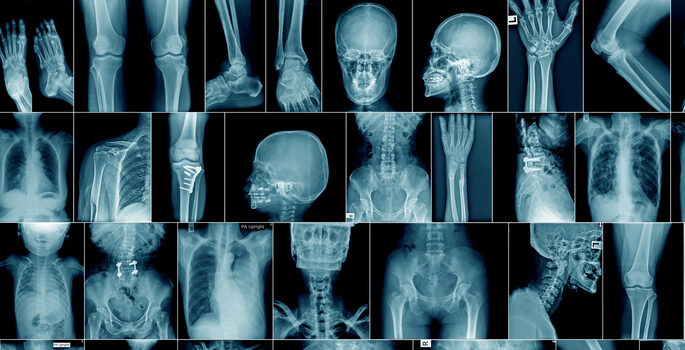
Calcification after severe injury
Vanderbilt researchers have linked bone-related complications of severely injured patients — findings that could help minimize these complications. Read MoreFeb 23, 2021
-

Gene variant and glucose metabolism
Genetic variation that impacts glucose- and insulin-related signaling affects responses to type 2 diabetes treatments and warrants further study. Read MoreFeb 18, 2021
-

Mitochondrial stress and hypertension
Oxidative stress and toxic products called isolevuglandins in mitochondria play a role in endothelial dysfunction and hypertension — and getting rid of them with a special “scavenger” molecule has therapeutic potential. Read MoreJan 12, 2021
-

Building a cohort, the easy way
An automated system using keyword searches can help identify candidates for clinical trials on adverse drug reactions. Read MoreJan 7, 2021
-

A cohort for type 2 diabetes studies
A study group of more than 600,000 patients with type 2 diabetes, identified from electronic medical records in the PCORnet national research network, could be valuable for assessing the safety of type 2 diabetes drugs. Read MoreNov 17, 2020
-
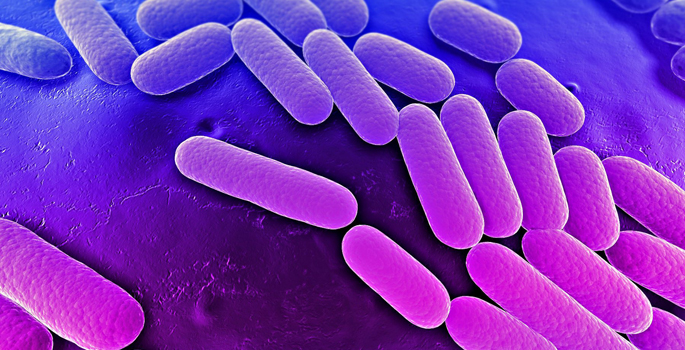
Probing pathogen antibiotic resistance
Understanding how bacteria evolve resistance to antibiotics and host stresses could guide the development of more effective antimicrobial therapeutics. Read MoreSep 17, 2020
-
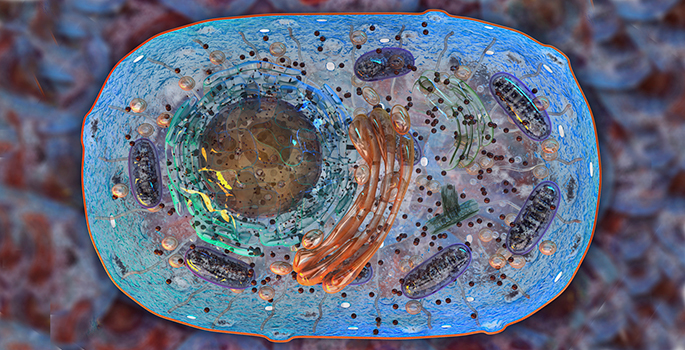
Assembling cell power plant machinery
Tina Iverson and colleagues provide a structural view into the assembly of a protein machine essential for cellular energy production. Read MoreSep 3, 2020
-

A “torque” for tumor blood vessels
Vanderbilt scientists have discovered a new target for normalizing tumor blood vessels to improve cancer immunotherapies. Read MoreAug 20, 2020
-
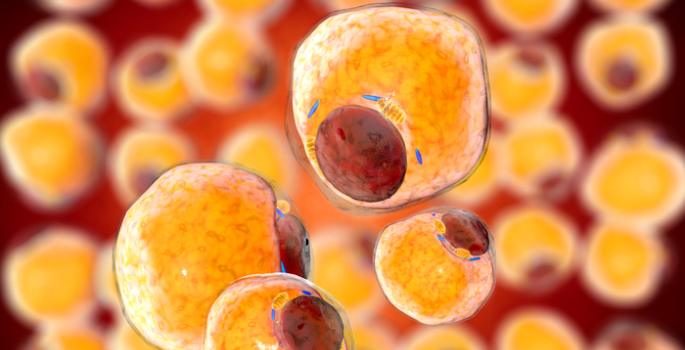
New tools to study bioactive lipids
Vanderbilt researchers have identified and characterized inhibitors of an enzyme that synthesizes lipid signaling molecules with roles in energy balance, inflammation and addiction. Read MoreJul 14, 2020